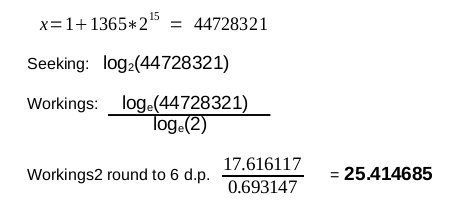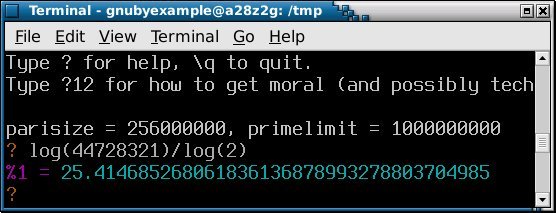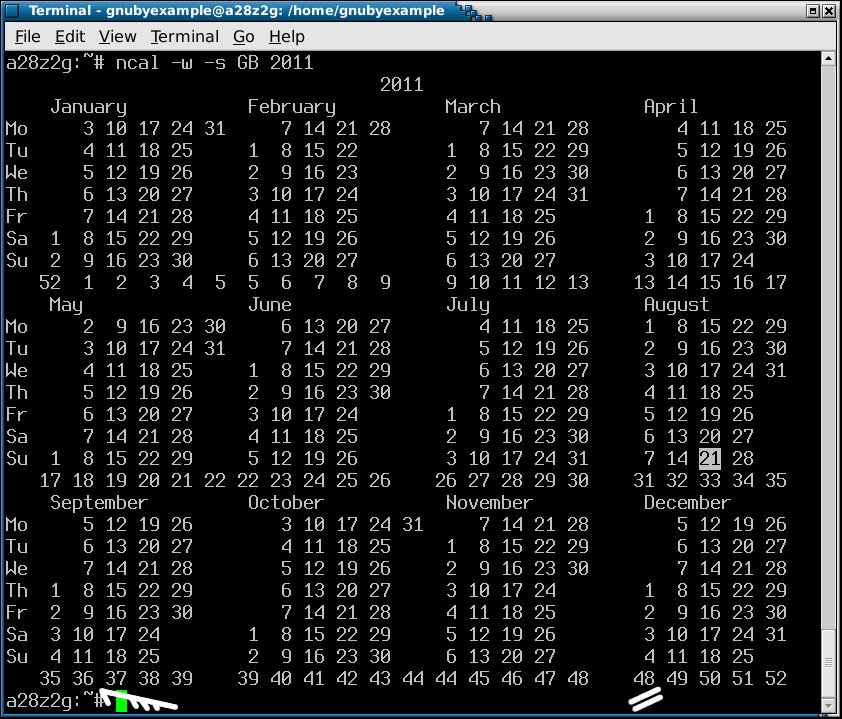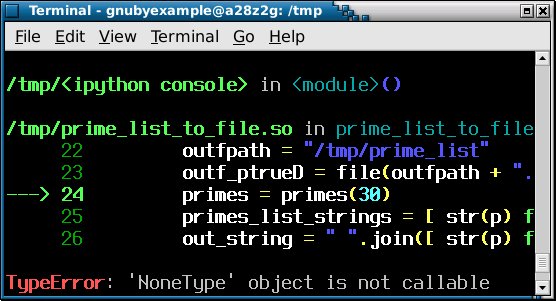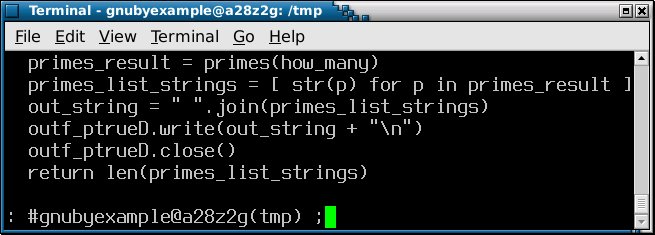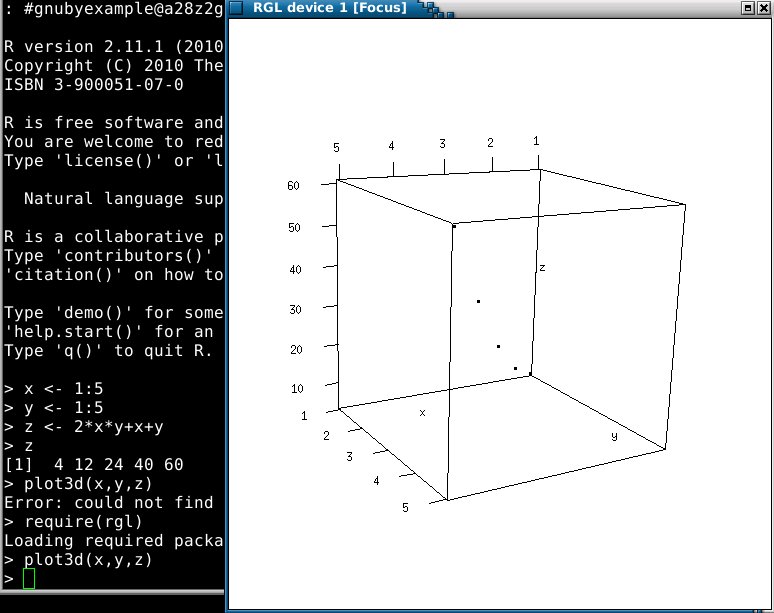I am not anti-vax, I am not pro-vax, and I am no more comfortable with the ex actor becomes science voice, than I am with ex actor becomes president.
One thing that I would say, is that whilst I am no fan of Mr Celebritee, or Ms Ex Baywatch, it would also not be entirely wise, to smack down completely, all voices from outside the Scientific establishment.
It maybe in 15 or 20 years that Science (the community) has more of your faith, or less of your faith, but whatever, it might not be the same level as today.
If I could turn down the volume level on the non-science stuff/people then that would be great, but be careful of pursuing a policy of Science (establishment) or strict silence.
Here is an illustration:
Science - Non-science celeb
. - A
a - A
A - A
A - a
A - .
The final option above is the 'Scientific establishment only' viewpoint - where you might advocate nothing else having a voice.
This option is not what I would choose.
Neither would I choose the first or second lines above.
I have been on the receiving end of some difficult reading in the past.
Reading journalists using pseudo-science to build a following around a view, that serves corporate lobbyists, but also their own profile, is painful.
I do not have a total solution.
The Internet has created a great way of building a community around celebrity messages.
Sometimes those celebrities are not in it for the good of that community, and may even be part-funded by a company that stands to make a good profit, from debunking the current Scientific view in a particular area [ allegedly ]
One solution is to give all citizens at least some introductory experience in critique, and researching of funding/sponsorship.
In the UK we have school leavers well versed in Facebook likes and shares, but who have no idea how to critique or spot a 'sponsored' report.
The very fact that political lobbying is so successful in the West, is testament to how lacking, in even basic critique, some countries citizens really are.
Celebrity bloggers do science - Is this the return of Quackery?
Possibly.
However listening (entirely) to the Science establishment reaction to this, might see too strong a response.
I watched a TV programme in 2011 where the President of the Royal Society,
Sir Paul Nurse talked about the state of Science, and the rise of the celebrity blogger.
I agreed with much of what was said in that programme, however [ going back to the critique :) ], there is a billion pound Science industry in the UK, and most of what was said is, what you might expect of somebody seen as a figurehead for the Science establishment.
One thing that I seem to recall was the message that Science is on trial because of recent events / debates.
In order to have a trial, you need a jury, even though that jury may include types who you personally cannot stand :)
The Science establishment cannot be it's own jury*. Perhaps our job might be to ensure that, where practical, we enhance (and share) our personal critique skills, and be aware of how to spot the quackery.
jury* here does not mean peer review. Peer review is very important and I respect that, however if an 'alternative view' is growing stronger because of celebrity bloggers, then perhaps it is unwise to ignore how the 'lay person' feels about Science. Just how are you going to address this Scientists?
To avoid any confusion: I am an advocate of peer review, and appreciate how important this is - recent example - the reexamination of the 'faster than speed of light' speculation of European Physicists in 2011 - stimulated by CERN / observations between Switzerland and Italy.
I am not a Physicist, and have no clue about relativity.
However as a lay person (in the area of Physics), it is helping my faith in that area of Science, when I see such a 'peer review' process in action.
However the Scientific establishment is not infallible (see link below)
Science is not the only voice I want to listen to.
My (personal) choice is to listen closely when Scientists speak, but also, not to assign zero weight to other voices.
Whilst I appreciate the importance of established Scientific Journals, I also appreciate the need for
arxiv
Notes and Further Reading:
Extract from Heaviside (from link below):
Heaviside was not interested in rigour...
Whist rigour and proof are very important, there are very occasionally folks, who despite resisting rigour and process, manage to discover and apply something magnificent.
( Just to be crystal clear here I am thinking about Heaviside, and not any celebrity bloggers that I have read to date )
Heaviside did eventually get the recognition that he deserved, however the people who he did not 'get on with' entirely, managed to delay that recognition by several years.
The Scientific Establishment is a people system, and just like any people system (or computer system), is likely chock full of imperfections.
However my personal view, it that the Scientific Establishment (currently) does a pretty good job, so I will keep listening.
There have been at least two major Science debates in the last decade, where public opinion has really entered into the debate. In neither case, have I personally seen anything, that had me thinking, on those particular issues, that Science was wrong.
However I do not rule out in the future, the possibility, that I might find myself disagreeing with Science on a particular issue either.
For me it is an issue by issue thing. On individual topics, I try to critique where I can.
Note: I have no personal affiliation to Nick Barnes or
that manifesto, read and critique what is said for yourself.




